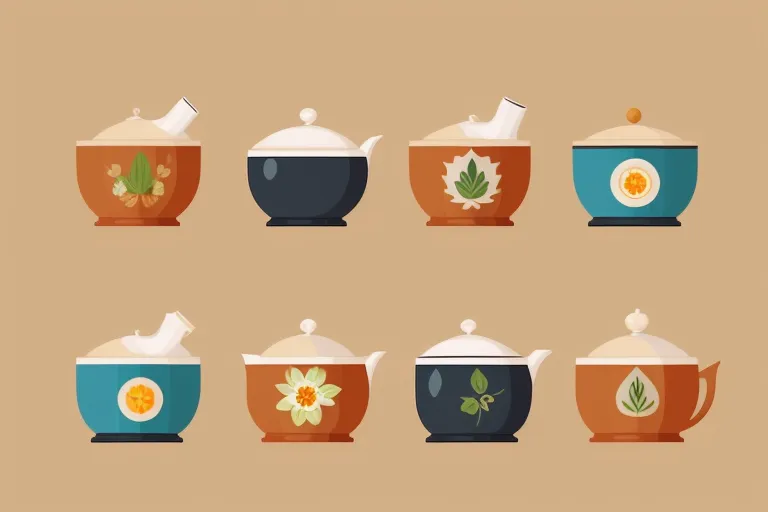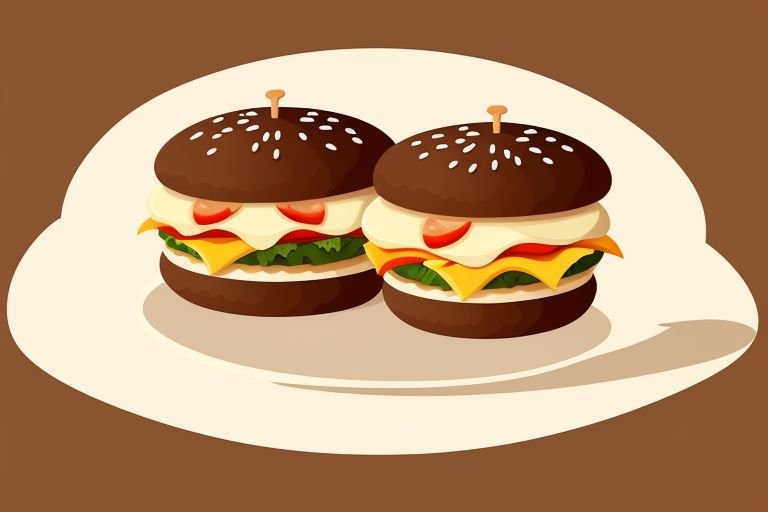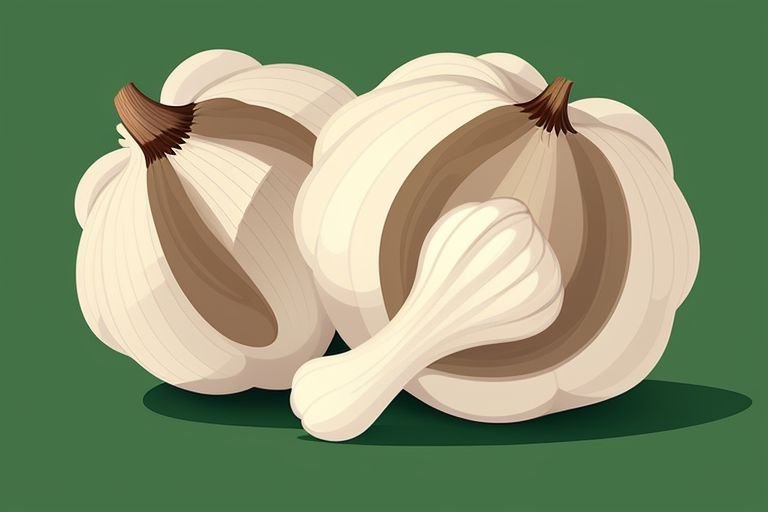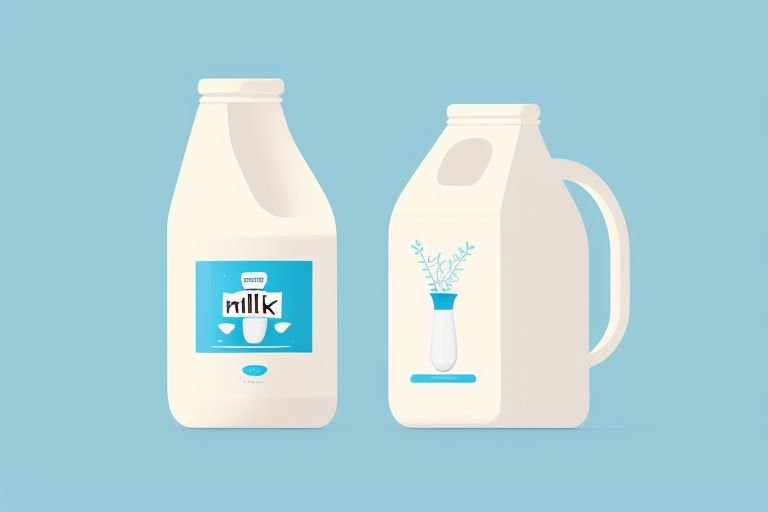Optimizing anemia management: Steering clear of these 6 foods
Anemia, a condition characterized by low red blood cell count or insufficient hemoglobin, requires mindful dietary choices to manage effectively. Certain foods can either aid or hinder iron absorption, a crucial factor in combating anemia. Exploring what to include and exclude from your diet can significantly impact your well-being if you’re managing this condition. Here’s a look at 6 foods to avoid or limit for better management of anemia.
Avoid these 6 foods if you have anemia
- Avoid coffee

This is because the polyphenols in coffee and iron form indistinguishable salts, which inhibit iron absorption. Anemia patients should opt for alternatives like orange juice instead.
2. Limit tea consumption

Tea inhibits iron absorption by forming insoluble compounds in the digestive tract. This substance cannot be absorbed by the epithelial cells of the small intestinal mucosa, hindering iron absorption, and calcium deficiency in the body will reduce hemoglobin synthesis in the body and worsen the symptoms of anemia.
3. Reduce high-fat foods

Eating too much fat can inhibit the body’s hematopoietic function, and at the same time, excessive fat also has an impact on the digestion and absorption of anemia patients. Therefore, the daily fat intake should not exceed 70 grams, generally about 50 grams is appropriate, and it is best to consume vegetable oils.
4. Moderate garlic intake

Garlic contains many volatile substances. Excessive consumption will increase gastric juice secretion, reduce hemoglobin and red blood cells, and worsen anemia.
5. Limit milk intake

Milk is low in iron but high in calcium and phosphorus. The iron in the body is easily combined with the calcium and phosphorus in milk to form insoluble iron-containing compounds, making the iron content in the body even more insufficient.
6. Minimize alkaline foods

An alkaline environment is not conducive to iron absorption, and gastric acid deficiency can also affect the release and conversion of iron in food. Therefore, people with anemia should try to avoid alkaline-rich foods, such as steamed buns, soba noodles, etc.
Conclusion
Managing anemia involves more than just medical treatment; it’s about making informed dietary choices. By being mindful of foods that can hinder iron absorption, like coffee, tea, high-fat options, garlic, milk, and alkaline-rich foods, you take a proactive step toward better health. Remember, a balanced diet tailored to your needs, alongside professional guidance, is key to effectively managing anemia and promoting overall well-being.
Leave a Reply